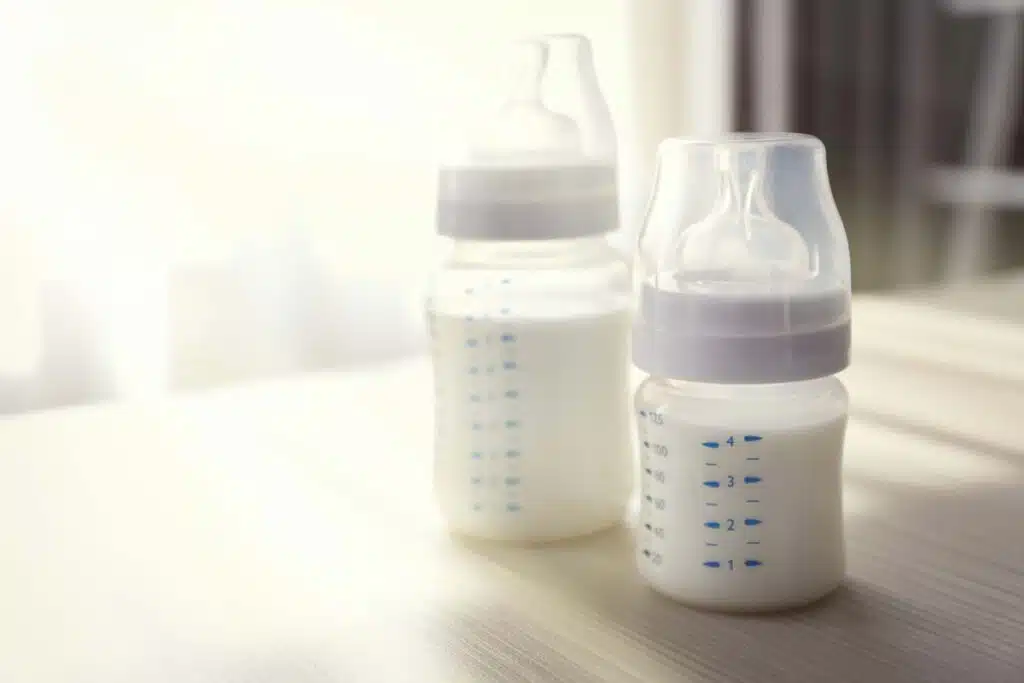
Update:
- A California federal judge moved to dismiss parts of a class action lawsuit against Philips North America LLC over claims that it misled consumers by labeling its Avent baby bottles and sippy cups as “BPA free” while failing to disclose the risk of microplastics leaching.
- The judge ruled that Philips’ “BPA free” label is not misleading because it only promises the absence of Bisphenol A, not that the products are free from all harmful plastic byproducts.
- The Philips class action lawsuit alleged the company falsely marketed its plastic bottles and cups as safe while omitting that heating them could release microplastics.
- While dismissing several claims, the judge allowed the lawsuit to proceed on allegations that Philips failed to warn consumers about the potential risks of microplastic exposure.
Philips Avent class action lawsuit overview:
- Who: Plaintiffs Tuliisa Miller, Adrianna Cortez and Brian Magadan filed a class action lawsuit against Philips North America LLC.
- Why: Philips allegedly failed to inform consumers about potential microplastics leaching into liquid when its baby bottles are heated.
- Where: The Philips class action lawsuit was filed in California federal court.
A Philips class action lawsuit says the company fails to inform consumers its Avent baby bottles leach harmful microplastics when heated as intended.
Plaintiffs Tuliisa Miller, Adrianna Cortez and Brian Magadan filed the class action lawsuit against Philips North America LLC, alleging the company disregards the potential health consequences of harmful baby bottle microplastics for babies and young children.
“[Philips] has, in effect, callously brought to life every parent’s worst nightmare: unknowingly exposing their children to harm with a product they reasonably believed was safe,” the plaintiffs allege.
Microplastics are tiny plastic particles formed through the breakdown of solid plastics, the Philips class action lawsuit explains. Because of their small size, they tend to accumulate in the body, potentially compounding health issues such as growth and reproductive issues, DNA damage, inflammation, weakened immunity and other adverse health effects.
Exposure to low levels of microplastics early in a child’s life may cause long-term health issues as they grow older, the plaintiffs allege.
Philips class action: Consumers trusted product to be free of harmful substances
Parents trust products to be free from harmful chemicals and substances, particularly when they are intended for babies and infants, the plaintiffs say. The product labels tout Philips as the “No. 1 Bottle Brand,” leading consumers to believe the products are industry leading and will not put babies at risk, the plaintiffs say.
They also note the “BPA FREE” label on the products, which leads consumers to believe the products are safe for infants and babies. Bisphenol A (BPA) has been widely recognized to cause a variety of negative health effects, and consumers have increasingly sought to purchase plastic products that do not contain BPA.
The Philips Avent baby bottles are reportedly made with polypropylene; when heated, polypropylene releases microplastics into liquids, the Philips class action lawsuit says.
Baby bottle microplastics are therefore released when the bottles are sterilized, shaken with warm water and through other typical formula preparation procedures, according to the class action.
Philips claims its baby bottles can be sterilized by boiling, yet allegedly fails to inform consumers they need to repeatedly rinse the bottles or take other measures to mitigate the release of microplastics.
The Philips class action lawsuit asserts claims for violations of California’s Unfair Competition Law, False Advertising Law, Consumers Legal Remedies Act, breach of warranty and unjust enrichment.
A recent Fiji water class action lawsuit alleges the product is falsely advertised as natural artesian water even though it contains microplastics.
Do you think Philips should have disclosed the baby bottles microplastics leaching risk to consumers? Let us know in the comments.
Miller, Cortez and Magadan are represented by Ryan J. Clarkson, Bahar Sodaify, Kelsey J. Elling and Alan Gudino of Clarkson Law Firm PC.
The Philips baby bottles microplastics class action lawsuit is Tuliisa Miller, et al. v. Philips North America LLC., Case No. 3:24-cv-03781, in the U.S. District Court for the Northern District of California.
Don’t Miss Out!
Check out our list of Class Action Lawsuits and Class Action Settlements you may qualify to join!
Read About More Class Action Lawsuits & Class Action Settlements:


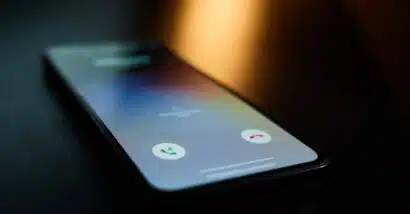
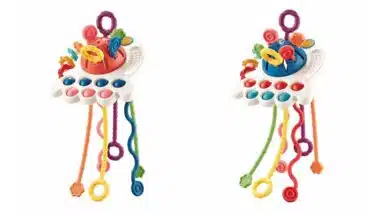
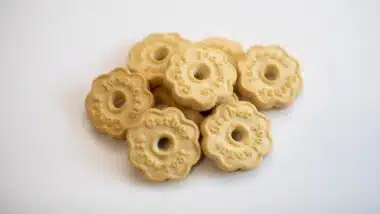
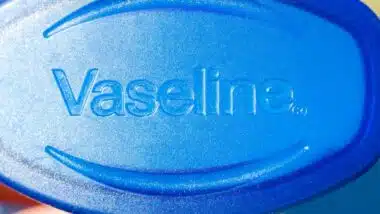
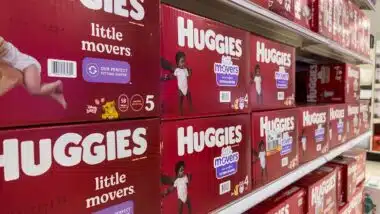
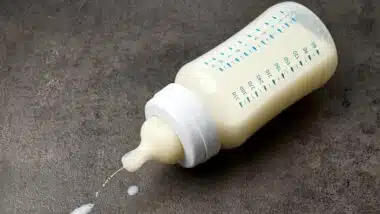
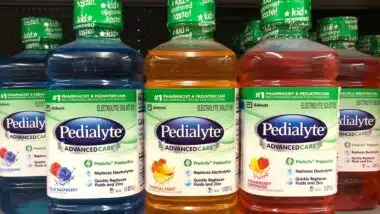
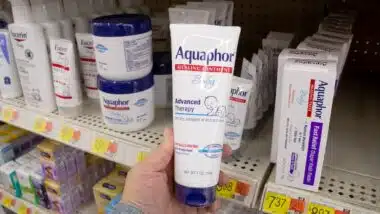
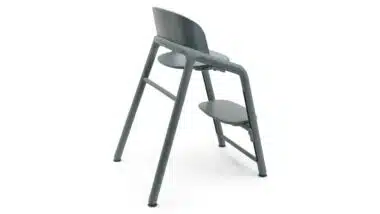
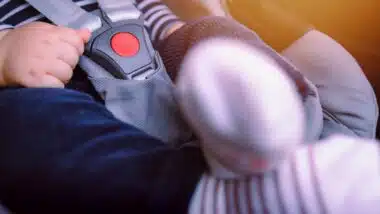
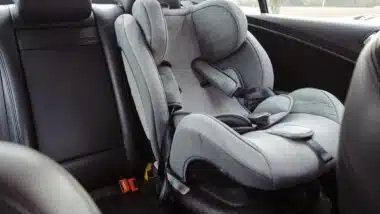
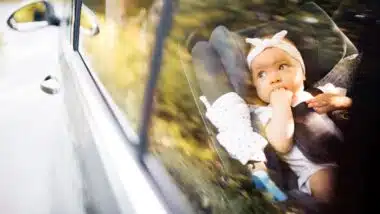

112 thoughts onPhilips Avent class action gets partially dismissed
I am very concerned for my current 1 year old that has been stinking from the philips avent non-colic bottles for a whole year, worried about her future & the outcome! Upset about the false advertising of BPA Free!!?? & I’m happy to see the company made Natural glass option, but need the nipple from the old plastic one to be able to fit the glass. The ring & nipple should be a univeral switch to the GLASS BOTTLE! Now hopefully we will be assisted if this lawsuit follows through!!
I used these bottles for my children. I use it now for my 3rd newborn. This is crazy they don’t disclose this.